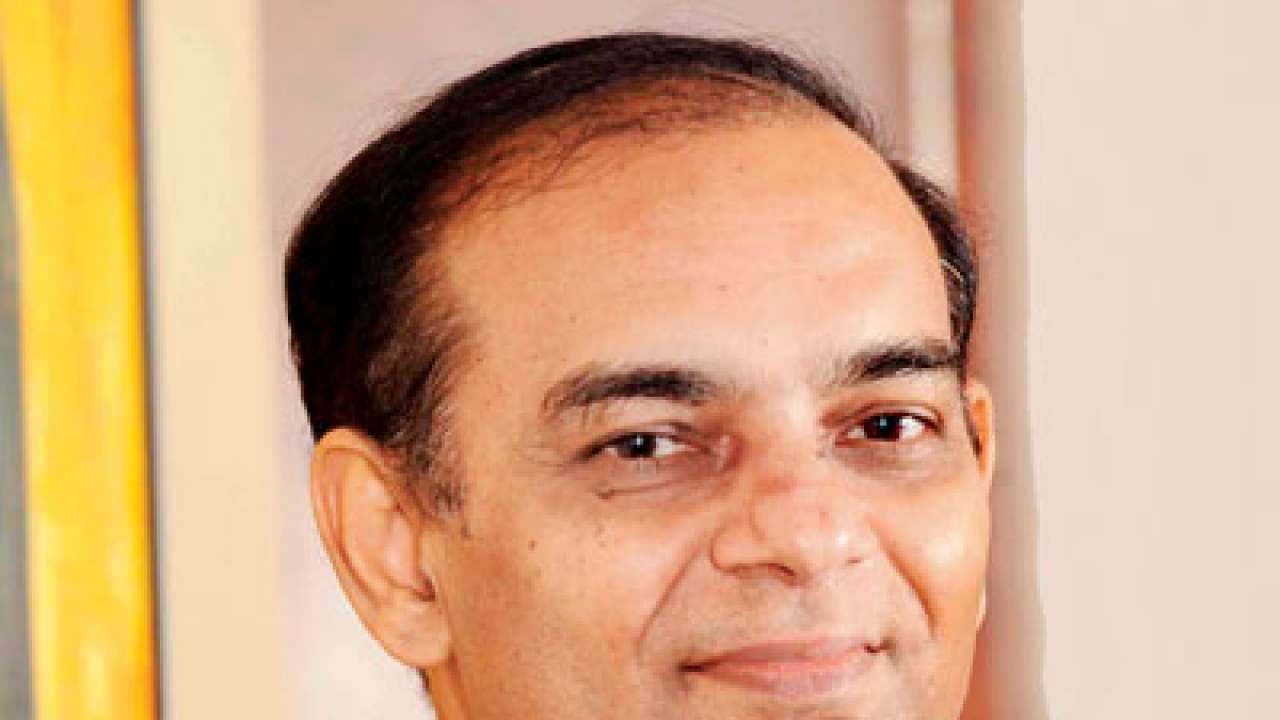
"Buy the rumour, sell the news", might not be the most profitable strategy this time.
True, the recent market rally has been fuelled by hopes of a stable government under Narendra Modi's leadership.
Now, with the NDA receiving a clear mandate, there should be some cooling off, going by this market adage. However, given that a large number of investors, both domestic and foreign, have been awaiting this event to commit fresh funds to Indian equities, I believe a cooling off, if any, will be short-lived. In fact, I now anticipate a fresh flow-driven rally.
I view the BJP-led NDA's historic victory as an event that has the potential to cause a fundamental, structural shift in the course of India's economic progress. The sentiment boost aside, I believe a properly functioning government machinery would spur Indian businesses, especially those that have been languishing due to regulatory inertia. The earnings-driven rally that should follow could be far stronger than the hope rally we have witnessed thus far!
The Indian economy has been besieged with several challenges during the last five years. GDP growth fell to a decadal low of 4.5% in fiscal 2013 and most estimates indicate sub-5% growth in fiscal 2014. Administrative paralysis is one of the key reasons for the lack of meaningful growth revival. Consumer sentiment has been reeling under the weight of incessant inflation.
While GDP growth has moderated, inflation has remained high, increasing economic hardships for households. To put India back on the growth path, the new government will have to get stalled projects off the ground, remove regulatory hurdles and create an environment conducive for businesses to flourish.
Given that the NDA is aware of the high expectations from it, I believe it will act swiftly. Ongoing welfare schemes are also likely to continue, but as the NDA has repeatedly stated, could be linked with asset creation. Renewed thrust on infrastructure projects – highways, ports, power, townships – can boost growth while also increasing employment opportunities.
Nevertheless, the boost in business confidence on the prospect of a stable and decisive government alone should result in increased investments in productive assets. In the last few years, project delays due to bureaucratic bottlenecks and government inaction have had a deleterious impact on return on capital employed (RoCE), discouraging investments in productive assets. Renewed investments could set into motion a virtuous cycle.
Retail investors would do well to stay invested in equities. For the uninitiated who wish to make fresh investments, a relatively safe option would be to start a systematic investment plan (SIP) in an index fund. It might be a good idea to free-up some investible resources from havens like bullion that one might have invested in during turbulent times. For the more seasoned investors, who wish to invest in stocks directly, there is a wide array of ideas to choose from.
Sectors impacted by regulatory hurdles (energy, mining & metals and infrastructure), Financials (especially state-owned banks), Capital goods and automotives (particularly commercial vehicles) are likely to be big beneficiaries. Cyclicals, which have been laggards so far, could take the lead from the defensives for a while.
However, I believe the relatively long-term investor can expect a broad-based market rally. My advice is to stick to quality stocks with growth potential. It is a big opportunity to allocate more capital to equity.
The writer is chairman, Motilal Oswal Financial Services